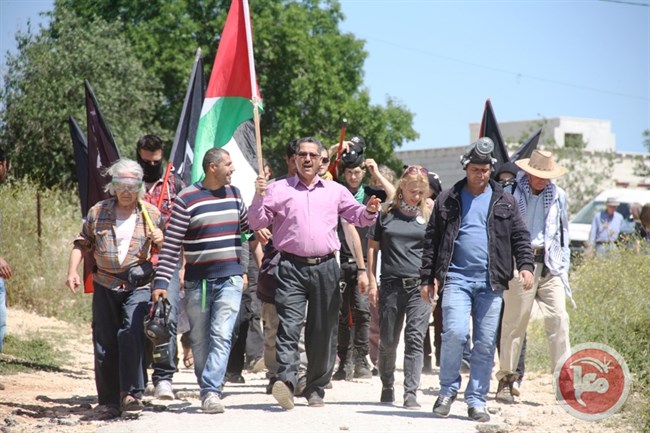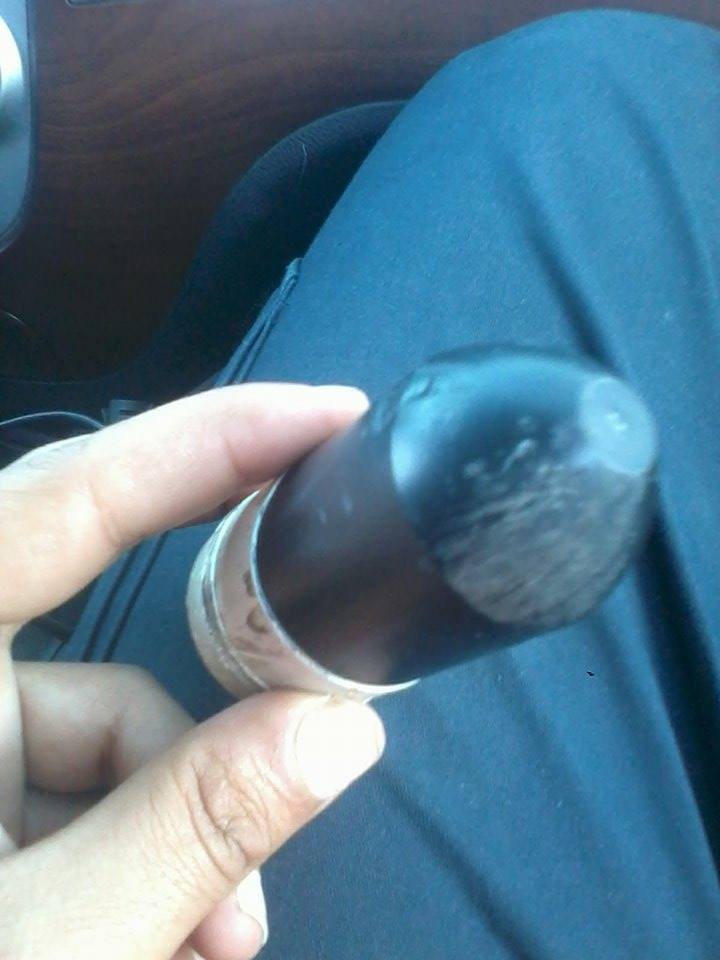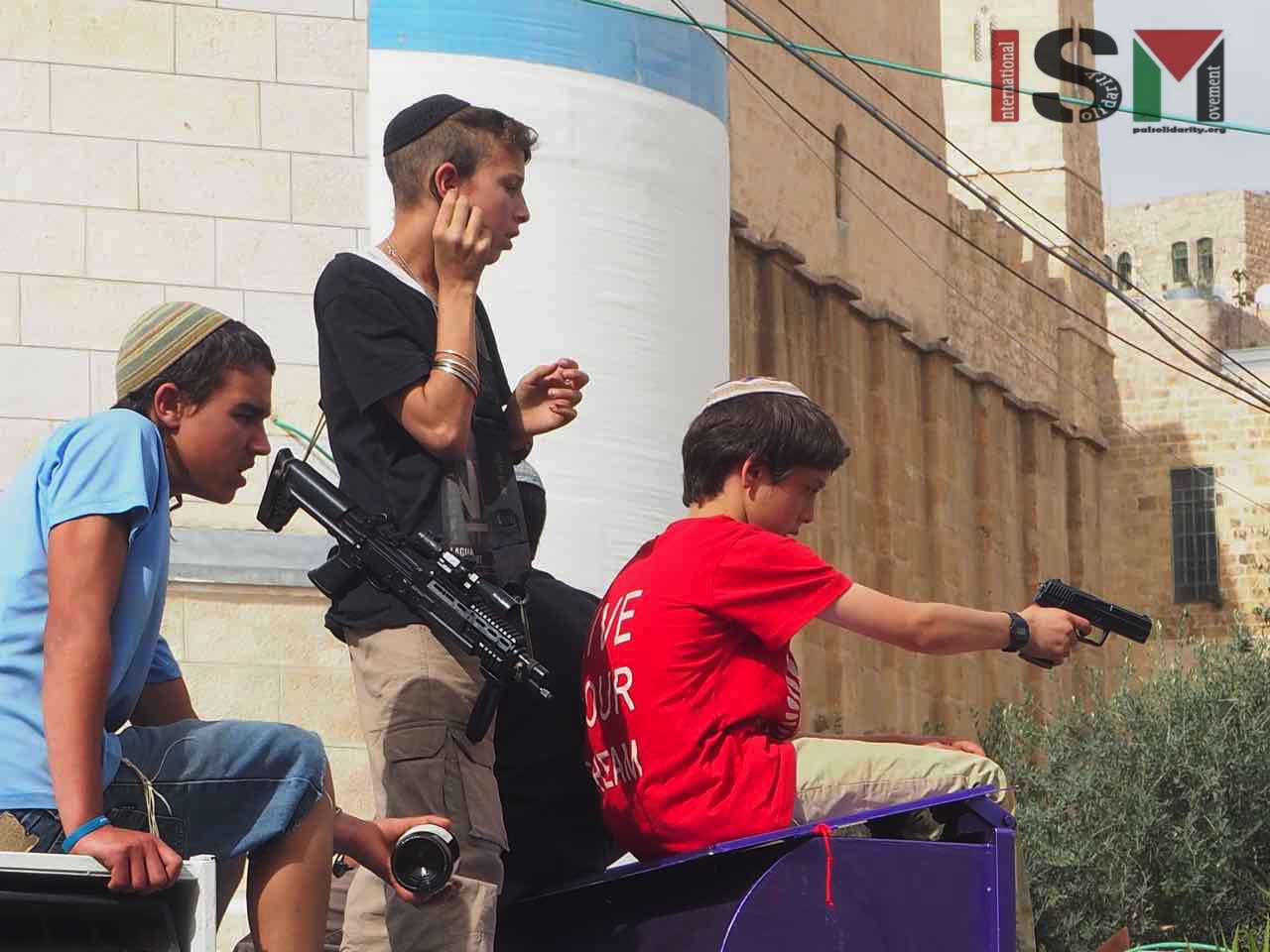Tag: International law
-
Bil’in Land Day demonstration met with violence, long-range tear gas
2nd April 2016 | International Solidarity Movement, al-Khalil team | Bi’lin, occupied Palestine On 1st April 2016, the village of Bi’lin marked the 40th anniversary of Palestine’s Land Day during their weekly nonviolent Friday demonstration. Israeli forces attacked the peaceful demonstrators with a wide range of weaponry. The protesters marched towards the illegal apartheid wall…
-
Targeting of civilians with excessive force in Ni’lin
1st April 2016 | International Solidarity Movement, al-Khalil team | Ni’lin, occupied Palestine On 1st April, the weekly non-violent protest in Ni’lin village commemorated the Palestinian Land Day – and was, as every week, attacked by Israeli forces with endless rounds of tear gas, including long-range tear gas canisters that mainly targeted civilians. The demonstrators,…
-
Illegal settlers celebrate Purim after cold-blooded murder of Palestinian youths
24th March 2016 | International Solidarity Movement, al-Khalil team | Hebron, occupied West Bank On the 24th March, Israeli settlers from the illegal settlements in occupied al-Khalil (Hebron) celebrated the holiday of ‘Purim’. The settlers marched through the Old City of al-Khalil, starting off from the spot where just a few hours before, Israeli forces…



